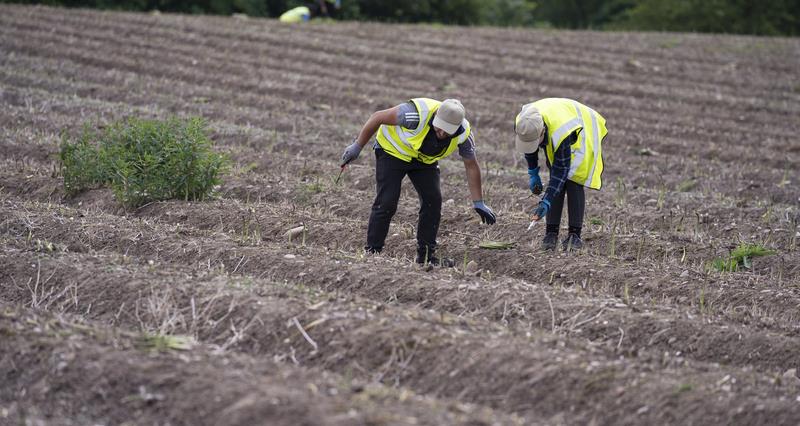After surveying our members we have published our response to the inquiry, calling for current visa numbers to be maintained and for the seasonal worker visa scheme to be extended to a minimum of a five-year rolling programme.
Without access to a pool of seasonal workers the horticulture and seasonal poultry sectors would collapse.
Efforts have been made and continue to be made to recruit domestically but with very limited success for the following reasons:
- Seasonal work is not attractive to domestic workers because it is not full-time employment giving certainty of year-round income.
- In general, unemployment rates in rural areas are lower than urban areas so the pool of domestic workers is low. For example, in August 2023 the unemployment rate in Herefordshire was 2.4% (a county with a significant horticultural industry) and in Essex it was 2.8% (a county with a significant seasonal poultry industry) compared to 3.7% in England as a whole.
- Work is located in rural areas with poor connectivity to urban based workers.
- Domestic workforce wage expectations are undermining the affordability of locally based workers for grower businesses.
- There is an image problem with work in the food and agricultural sectors. Harvest work is physical work often outside in varying weather conditions, but earnings potential can exceed National Living Wage rates with many employers offering the potential for workers to earn £17-19 per hour through piece work schemes.
Automation advances
The horticultural sector is very innovative and has a long history of adopting automation when it is available.
It is likely that robots will eventually be able to replace some current picking tasks performed by workers, but work is still in its infancy and viable robots at a price affordable by businesses are many years away.
In addition, for some picking tasks there is currently no indication that robots are in development which could replace the dexterity of the human hand and accuracy of the human eye.
NFU recommendations
The NFU recommends the following measures to help alleviate the impacts of ongoing labour shortages and improve food security, resilience and productivity in British horticulture and seasonal poultry production and worker welfare:
- That current visa numbers are maintained and that seasonal worker visa scheme is extended to a minimum of a five-year rolling programme with a review of labour requirements and visa numbers for year six conducted every year. This means that growers and seasonal poultry producers will have:
- certainty of visa numbers for a five-year period at any one point in time.
- confidence to plan and make investment decisions.
- certainty that workers will be available at the start of the growing season and so prevent the loss of production that was seen in 2022.
- A review of the length of visas for seasonal workers to better cover the growing seasons of different crops and the needs of seasonal poultry producers. The review needs to consider the extension of visas for horticultural workers to nine months and six months for seasonal poultry workers.
- Timely Defra surveys of seasonal workers and publication of results to help better monitor and improve worker welfare.
- Review of scheme costs to help ensure better access for seasonal workers which is particularly acute in the poultry sector where the visa length is shorter.
NFU members can log in to download our response in full at: NFU response to MAC seasonal workers visa Call for Evidence.
